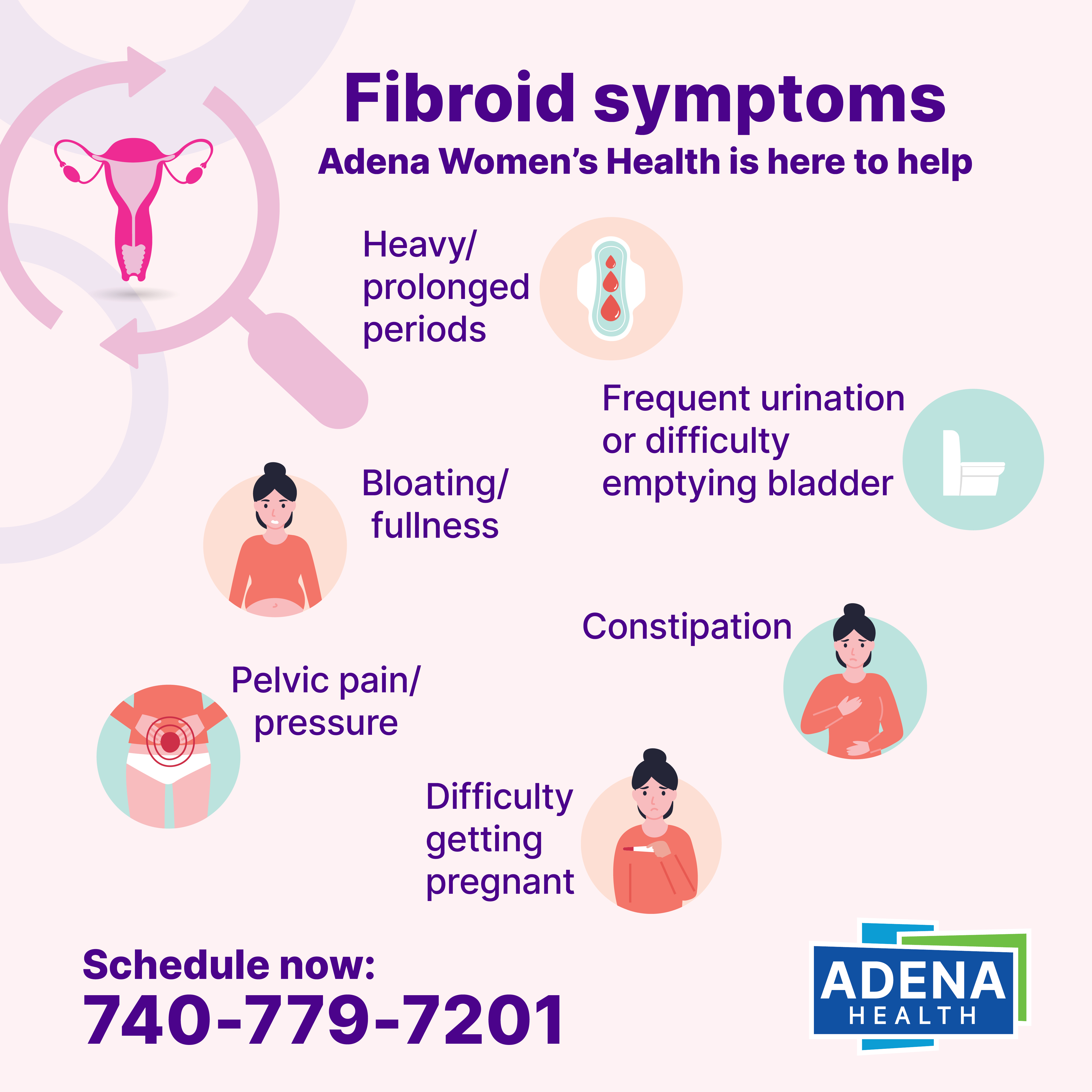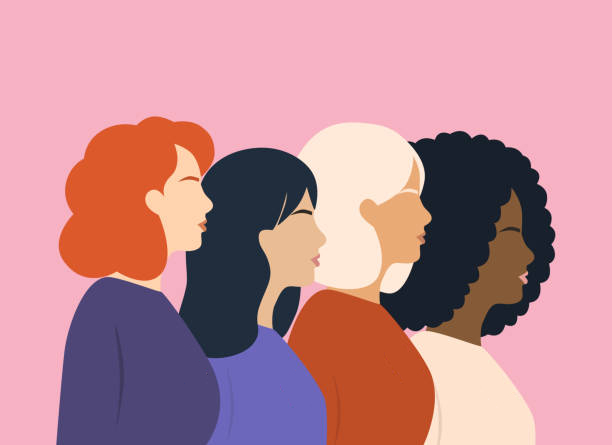A closer look at one of the most common women's health conditions
More than half of women will develop uterine fibroids, non-cancerous growths that form in the wall of the uterus, often without even knowing it. But, for some, these growths can cause symptoms that interfere with daily life and leave women wondering what is going on.
We asked Neely Nelson Wade, MD, OB/GYN at Adena Women's Health, to walk us through what fibroids are, how they show up, and when to consider treatment.
What are fibroids?
"Fibroids are benign growths that develop in the muscular layer of the uterus," says Dr. Wade. "They are extremely common. In fact, many women have fibroids and do not even know it."
Fibroids vary in size and location. Some are so small they do not cause symptoms at all, while others grow large or press on nearby organs.
What are some common fibroid symptoms?
While fibroids are not dangerous, they can be disruptive. According to Dr. Wade, symptoms depend on where the fibroids are located and how large they become.
Common signs include:
- Heavy or prolonged periods
- Pelvic pressure or pain
- Frequent urination or difficulty emptying the bladder
- Constipation
- Bloating or a feeling of fullness
- Difficulty getting pregnant

"Fibroids inside the uterine cavity are more likely to cause abnormal bleeding," Dr. Wade notes. "Larger fibroids can cause pressure or pain in the lower abdomen or pelvis."
When to see a gynecologist for fibroid symptoms
If you have heavy menstrual bleeding, pelvic pain or pressure, periods lasting longer than seven days, or frequent urination, schedule an appointment with a gynecologist experienced in fibroid care.
"We often use pelvic ultrasound to determine if fibroids are present," Dr. Wade says. "Sometimes we find them during a routine exam or when reviewing imaging from the emergency room such as a CT scan or MRI that was done for another reason."
How fibroids are treated
Fibroids do not always need to be treated. But if symptoms are affecting your daily life, or you are planning to grow your family, it is worth exploring your options.
Treatment may include:
- Medication to help shrink fibroids or ease symptoms
- Surgery to remove fibroids, especially if they are large or affecting fertility
"Your treatment plan depends on your symptoms and your reproductive goals," says Dr. Wade. "We help each patient find an option that works best for them."
If you suspect fibroids, or know you have them, you are not alone
"You do not have to live with symptoms that disrupt your life," says Dr. Wade. "There are safe, effective treatments available, and we are here to help you find the right path forward."
Whether you have already been diagnosed or just want to understand what is going on, the team at Adena Women's Health is here to listen, evaluate, and guide you toward the right care.
Schedule an appointment today by calling 740-779-7201, or visit Adena.org/Women.
Meet Dr. Neely Nelson Wade
Neely Nelson Wade, MD, is a board-certified obstetrician/gynecologist who has practiced OB/GYN since 2010, following four years of service as a general practitioner in the U.S. Navy. She has been part of Adena Women's Health since 2019, caring for patients through weekday appointments and rotating weekend coverage for labor and delivery with her physician partners. As a physician and a mother of three, Dr. Wade brings both clinical perspective and personal insight to the care she provides.
Learn more
Looking for further reading on uterine fibroids?
